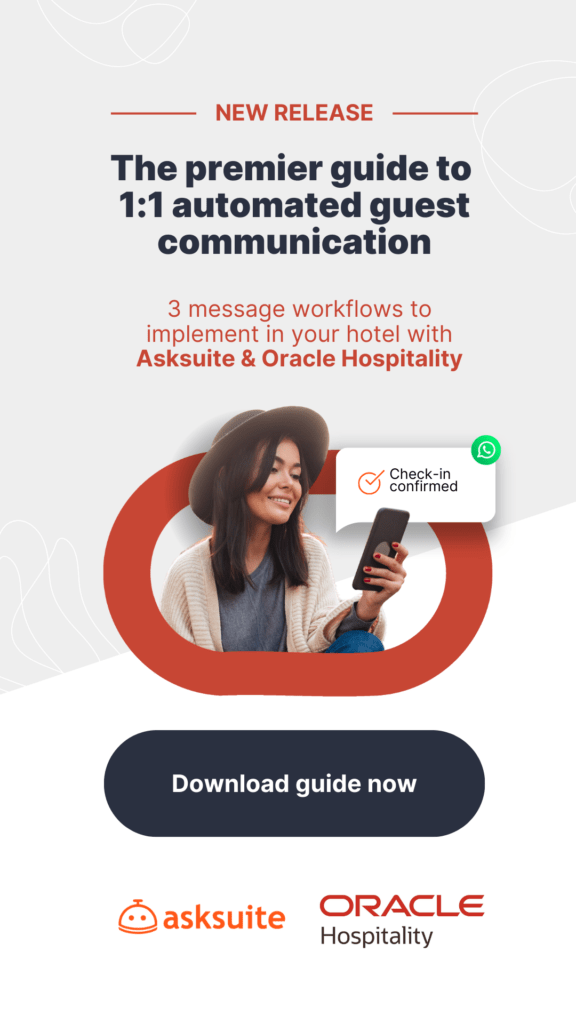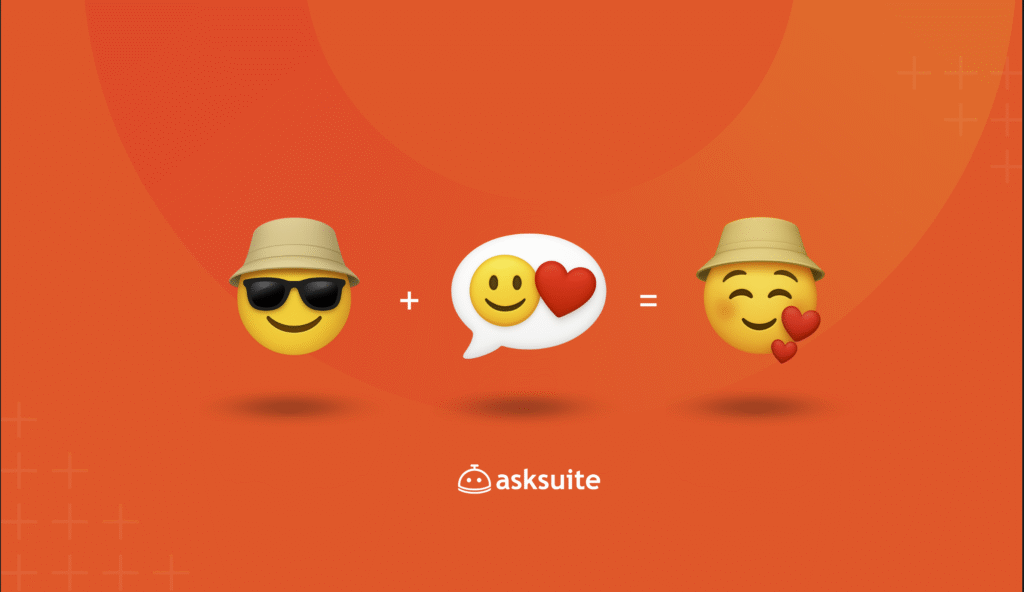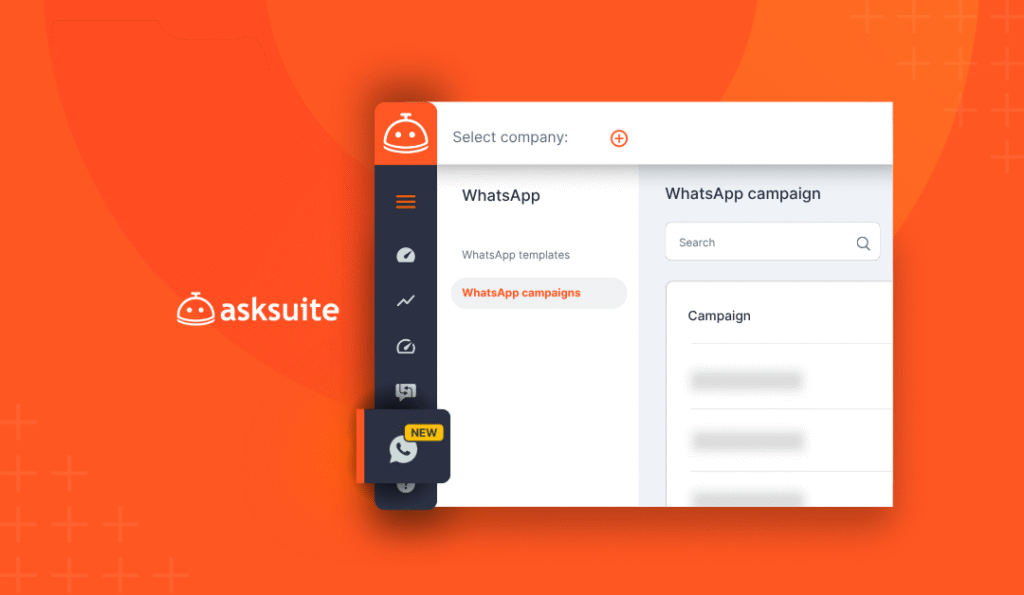It’s not easy to have Booking.com or any OTA as your business partner, right? It’s true that the online travel agencies (OTAs) are essential allies in your distribution strategy. Therefore, they are basically indispensable to any lodging, especially because of the exposure and traffic that they generate.
The question is: how much does your hotel depend on them? If your total bookings are up to 40% in indirect bookings, ok. But, if it surpasses this percentage, an alert sign is rung and it’s necessary that you review your strategies.
Websites like Booking and Expedia are additional distribution channels, but you should always focus on direct bookings. Does it seem like an impossible mission? No way! Just so you know, In Europe, the number of direct bookings are growing year by year.
Rate parity agreements are different in different countries, but, in general, rate parity means that hotels have to apply the same rate and terms in their own website as OTAs do. If this is your case, there are ways to legally boost your direct bookings. In this post, I will show you how to do that with 6 simple strategies. Keep reading!

6 strategies to score against Booking.com
1. Instant loyalty
The loyalty programs, based on points and rewards, represented a big change in the hotel industry. For a while, it worked very well, but now it doesn’t cause the same impact anymore.
Earning points require time and travelers have no time to waste. Besides time, the strategy behind earning points demands a big investment from the hotel. That’s the reason why mostly big hotels or hotel chains have financial support for this kind of strategy.
Still, hotels started to invest in loyalty programs to evoke an urgent feeling in the guest, like instant rewards. Additionally to the rewards, hotels also offered special rates only to members. The idea of having a closed group with special benefits creates a sense of exclusivity that every consumer values.
Another benefit of this strategy is that your hotel will have in hands an email list acquired through the subscription of these members. In other words, the door is open for personalized service.
2. Real-time assistance
Often, OTAs lose sales because clients don’t like to read anything. They want everything on a silver platter. It’s a very common situation: a person navigating inside Booking.com, looking at a particular hotel and questions start to pop up, like: “Which room has a bathtub?”, “Does it have a king-size bed”?
This series of questions encourages the online user to leave Booking.com (for example) and to access the hotel website instead of in order to look for the answers (even though the information is probably written in small letters on Booking’s site. But, again, people don’t read).
The main differential between your hotel and Booking.com is the possibility to provide real-time service on your website to remove any doubts from clients. It’s not possible for Booking or any OTA to have a webchat on each hotel’s page.
And you can have a webchat just for you on your hotel site! And once the chat starts, it’s much easier to conduct the user towards a direct booking.
It’s also worth mentioning that, according to Asksuite’s platform data, today 58% of customer service via web chat of a hotel happens outside business hours, being the period between 6 pm to 12 am when it is the highest demand.
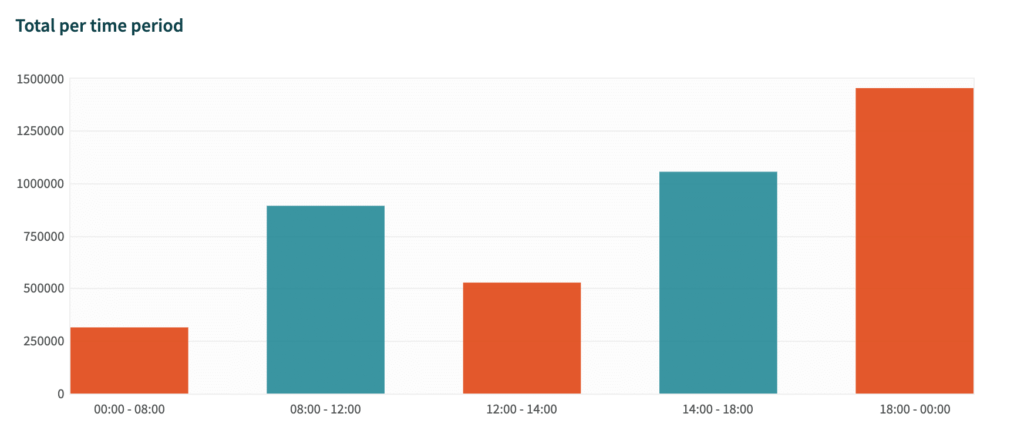
Lastly, even if your hotel has a landline number for contact and questions, statistics say that the majority of people prefer text messaging to calling Reservation Center.
3. Straightforward negotiation
With the rate parity agreement between hotels and OTAs, many hotels can’t offer publicly lower rates to the ones available on other channels.
However, the agreement does allow hotels to offer lower rates within service channels, like phone, email, and chat. That is why your reservation team should always offer rates with room for negotiation, so they can immediately close a deal.
After all, travelers like to contact hotels to negotiate prices. This is one of the many questions travelers can only find answers to if they contact hotels directly.
So hotels can practice lower rates on the websites through webchats. Inside these platforms, for instance, it’s even possible to use tools, like the Asksuite hotel chatbot, to compare automatically the rate on the hotel website and the one announced on Booking.
If the rate on your website is lower than on OTAs, the traveler will get a message on the webchat with the percentage of how much they will save if they book directly with you.
Do you know that Asksuite won the Hotel TechAwards for the second time in a row as Best Website LiveChat and Chatbot? Learn more: [Best Hotel Chabot 2021]
4. Special offers
You should consider offering services and additional rewards to guests who have booked directly with your hotel. That is what Marriot and Hilton do, for example. Besides member discounts, they also offer additional gifts.
It may seem trivial, but there are still hotels around the world that charge for wifi. These hotels are avoided by most travelers. So free wifi can be attractive. Other hotels offer welcome massage sessions for guests, diving classes, or other additional services.
Promotional packages should be highlighted on your hotel website. Commemorative dates and bank holidays are the perfect excuses for your guests to demand a special price and sometimes that can be the final push that they need to book directly with you.
5. Sell experiences
In addition to benefits like gifts and special rates, your hotel has the biggest advantage of all, that makes you better than any OTA: you know exactly what you are talking about.
You are an expert in what your hotel has to offer, which is more than just a room. It’s the whole experience and that has a strong impact on how much you can maximize your direct bookings.
We are emotional beings, so appeal to the senses! To share guests’ photos enjoying the hotel’s services is a good strategy for engagement and desire from the traveler.
When you do your homework well, more people will contact the hotel through chats on social media and/or comments on the photos. The more contacts you generate, the bigger is the chance of increasing direct bookings. Just don’t forget to answer the clients fast!
6. Attract traffic to your website
How can your hotel website attract more online visitors? The main strategy to attract more organic traffic– the ones that come naturally from online search – involves Google, SEO and keyword research.
All that should be taken into account when you produce content to your site, like a blog. But how does it work for a hotel?
In practice, the content can be displayed in the section “Tips”, with tour information, monumental and historical sites for visitations.
The important is to give useful information for travelers to plan the trip, like a guide for the best restaurants in town, how to get to the beach from the hotel and more. Those can be good content.
Improving your copywriting skills can help you target the right audience. In this FREE ebook, you learn quick tips for writing and presenting your hotel website content: [A simple guide to quick improvements]
The Hotel Josef, located in Prague, capital of the Czech Republic, is an example of a good content marketing strategy. The Creative Director of the hotel, Clémentine Amiraux, says that, instead of investing in distribution channels like Booking.com, the hotel invest time and money in creating amazing stories, that will stir up travelers to visit the hotel website.
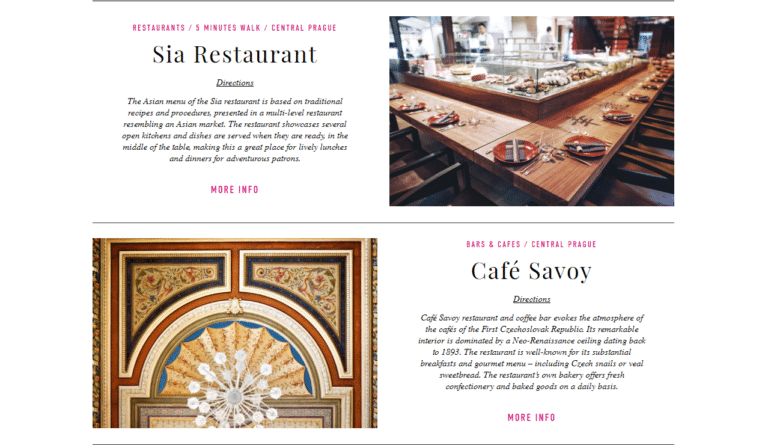
This is accomplished by inspiring videos and posts on the hotel’s blog – Josef Love- where you can find a small itinerary of what to do when in Prague. Clémentine says that, ever since they started to invest in content marketing, the site’s traffic doubled.
Plus, with content marketing, not only hotels’ websites get more online visitors, but these visitors can be turned into leads, which in turn can become actual guests, increasing direct bookings.
Online Travel Agency: love it or hate it?
OTAs are not monsters and you don’t have to fear them as a distribution channel to boost bookings. But why should you leave all the fun for these agencies?
You are capable of competing with a great company like Booking.com and drive your direct bookings. Do not underestimate the power that your own website has over the total revenue of your hotel.

